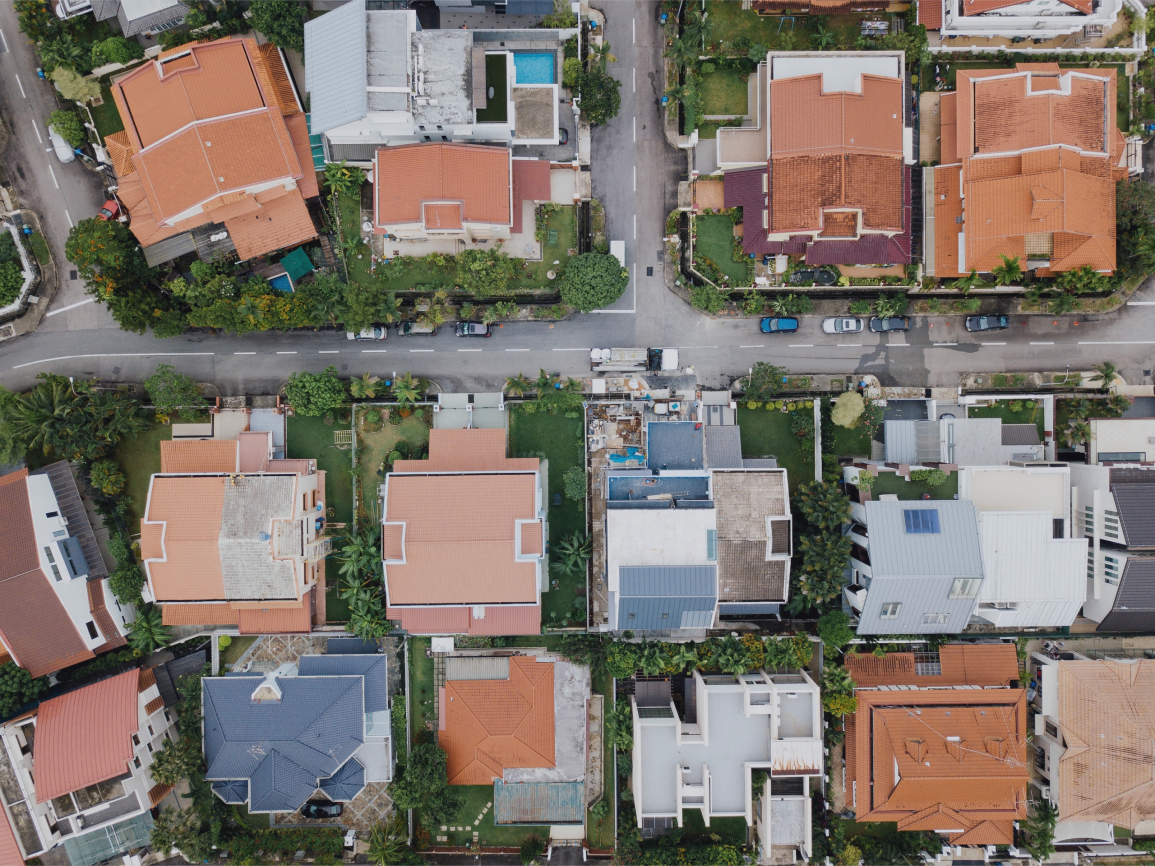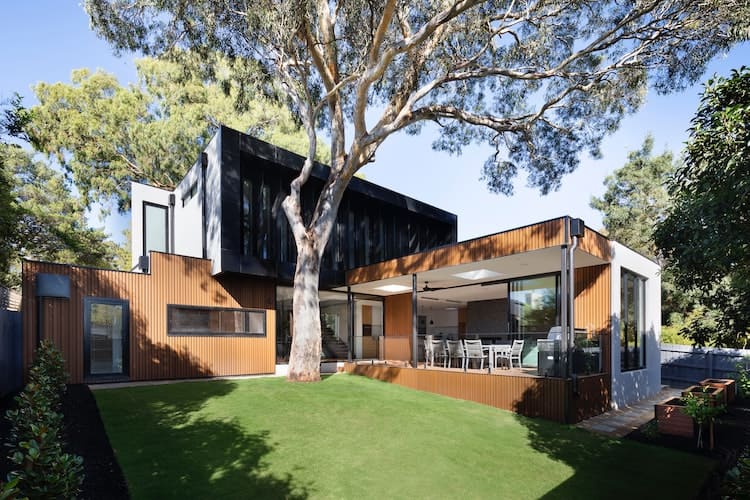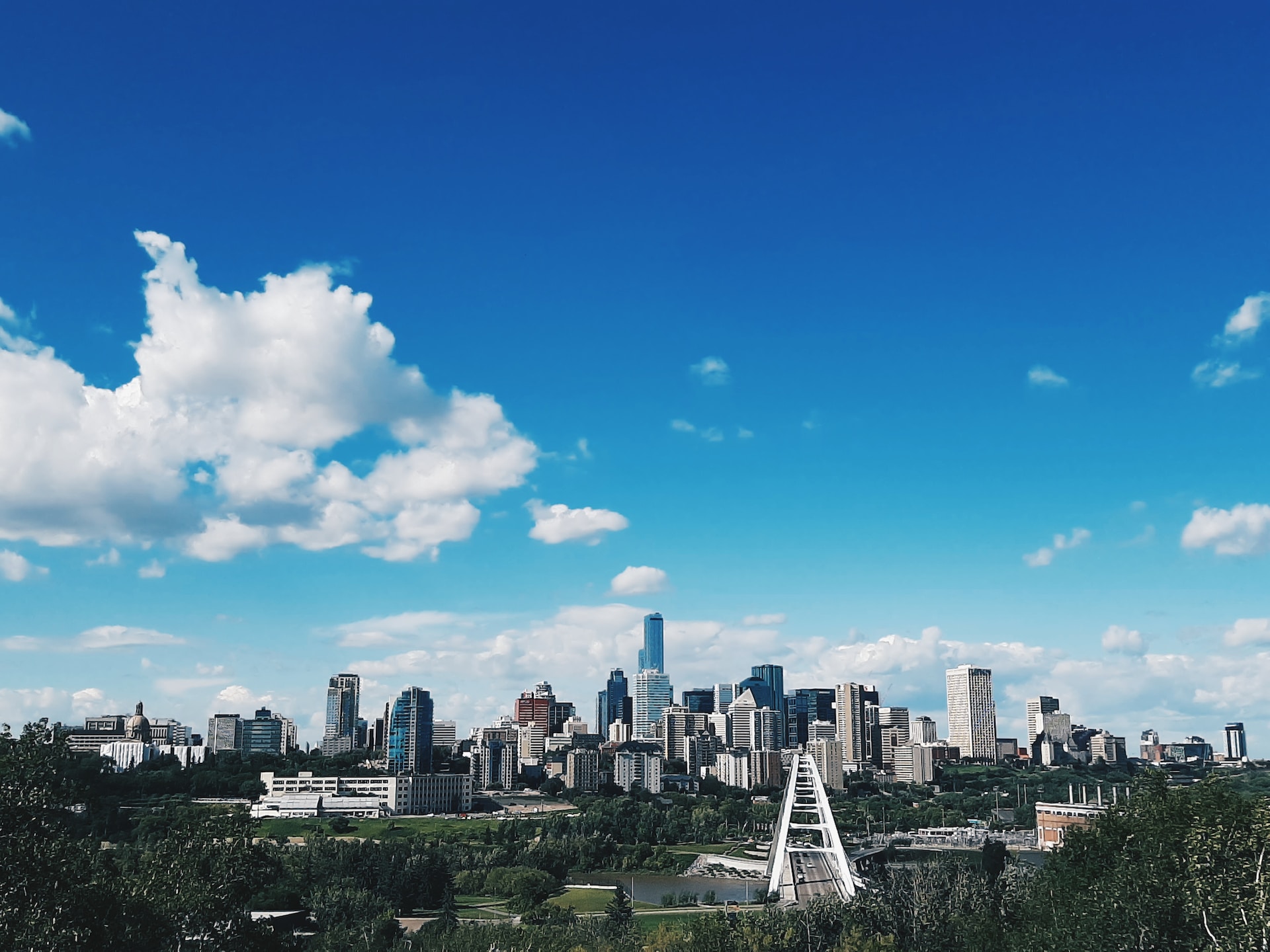
Cost of Living in Edmonton – Everything You Need To Know
Edmonton is a beautiful metropolitan city that’s home to more than 1.4 million people. Known as Canada’s Festival City, Edmonton is the second-largest city in Alberta in terms of population and one of Alberta’s main economic hubs. This, combined with an influx of relatively young families, has created a competitive real estate market that’s influenced the cost of living in Edmonton.
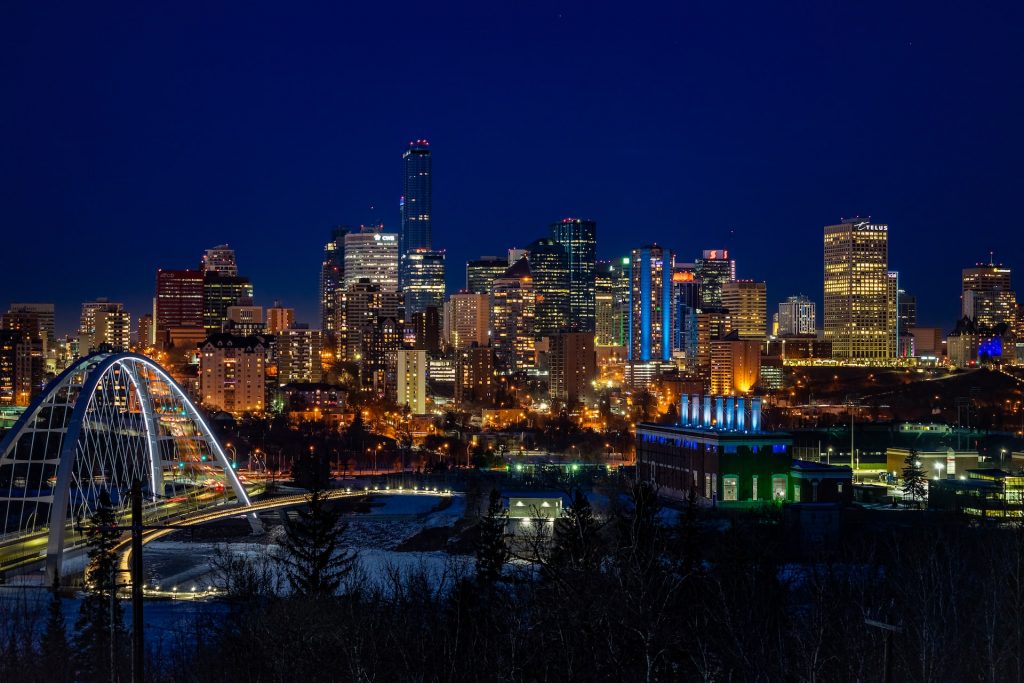
There is no doubt that Edmonton is still a fantastic option. But, all families are different, so you need to conduct extensive research to determine if the Festival City is the right option for you. This includes finding out the average cost of living as well as identifying potential professional opportunities in the city.
In this article, we’ll share everything we think you should know about the cost of living in Edmonton, Canada.
What Is the Cost of Living in Edmonton?
So, what is the cost of living in Edmonton?
There’s a large number of elements that determine an area’s cost of living. The local economy, job landscape, and utility suppliers also exert a huge amount of influence over your estimated monthly costs.
Now, these are just some of the variables you need to consider, plus you also have to add any additional requirements (and how much they cost) in mind to get a good idea of Edmonton’s living costs.
Let’s take a look at the average cost of utilities, entertainment, public transport, and taxes in Edmonton.
Average Utility Costs
As with other cities, the cost of utilities varies depending on the area of the city. Monthly rent payments, which usually make up a large chunk of the average person’s budget, can range from $750 to more than $1,050 for a studio apartment depending on the area. To put it in perspective, 3-bedroom apartments usually range from $1,185 to north of $1,800.
Electricity and Water Rates
The electricity rate is the same for the entire province of Alberta, which includes Edmonton. As of this writing, the electricity rate stands at $0.166 per kWh. When compared to the rest of Canada, Edmonton’s energy costs are right in the middle of the pack.
As for water, Edmonton’s residential rates work in tiers, with the most basic level starting at $2.0487 for up to 10.0 m3 of consumption.
Home Insurance
As with other Canadian cities, there are many different insurance rate providers you can work with. This, combined with the value of your home, will influence the costs of your residential insurance.

With the above in mind, insuring a residential real estate that’s worth less than $100,000 should cost less than $25 per month. In comparison, homes worth more than $5,000,000 can usually be insured for close to $175.
Public Transportation and Parking Costs
Even if you have a vehicle, there’s a strong chance one or more family members will use buses and other forms of public transportation. This is why it’s important to factor in public transport and parking rates while calculating the cost of living in Edmonton, Alberta.
Public Transportation Rates
Bus and other transport rates in Edmonton are considered accessible. The average one-time bus fare, for instance, is $3.50 for all passengers. Note that you can also opt for annual or monthly pass options that offer significant discounts. If you opt for one of these alternatives, keep in mind that there are different rates depending on income, age, and other variables.
Parking Spots and Car Insurance
Edmonton offers a variety of parking alternatives in the outskirts as well as in the city centre. This includes street parking, indoor parking, and 24-hour indoor parking. Parking spots are paid on most days with a few exceptions, including statutory holidays and Sundays. This varies from one place to the next, so make sure to check the schedule of the area you want to park in before venturing to that part of the city.
Living and Entertainment
As you can imagine, the average monthly cost of living in Edmonton varies tremendously depending on the size of the family. But, in general terms, Edmonton is considered a low-cost alternative when compared to other major cities in Canada. This goes for both groceries and entertainment alternatives.
Groceries
The price of basic groceries like eggs, milk, local cheese, and bread varies slightly depending where each one is sourced from. That said, it’s estimated that an adult in Edmonton can purchase groceries for a month for $250.
Nightlife
Going out in Edmonton is relatively affordable, especially for a big city. There’s a variety of restaurants to choose from, where you can find individual meals starting at $20 to $40. Cocktail drinks at a bar, another common marker, start at around $10. In addition, you can also attend professional sports games, including NHL matchups, starting at $60.
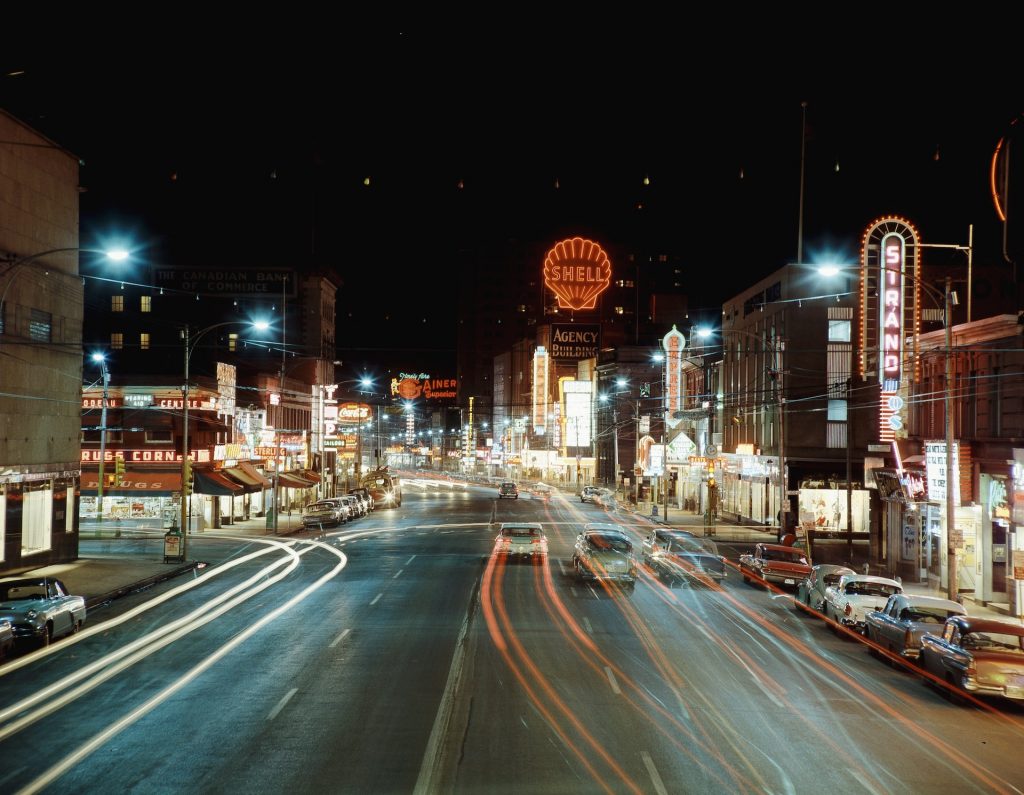
Assisted Living
There are many retirement homes and assisted living facilities in Edmonton. The cost of assisted living in Edmonton varies tremendously depending on the type of care that’s required. Estimates for independent living, which is the most basic form of assisted housing, start at around $3,000 and can be as high as $4,500. That said, this number is an estimate, so the exact cost may be different.
Tax Rates
Municipality taxes have increased about 1.9% in Edmonton over the last five years. Education taxes, on the other hand, have dropped almost 1% in the same time span, making the Festival City a great option if you want to keep your payments as low as possible.
With that said, the tax rate for Edmonton in 2022 has already been determined, standing at $0.0093867.
At the same time, there is no harmonized sales tax (HST) in Edmonton. Homeowners can have thousands of dollars in every transaction and only have to pay for the Goods and Services Tax (GST) if they live in the Festival City.
FAQs
Here, we’ll answer common questions from people who are looking to move to Edmonton, Canada.
How much does it cost to live in Edmonton per month?
The cost of living in Edmonton varies depending on the size of your family. As a general rule of thumb, some estimates suggest that a single person in Edmonton can live with $1,300 per month before rent. A family of four, on the other hand, will need around $3,500 before rent as well.
Is Edmonton expensive to live in?
The answer to this question varies depending on your personal circumstances. Your average salary, lifestyle, and preferred hobbies will all impact your perception of the price of living in Edmonton.
For instance, you may go to what you consider an inexpensive restaurant and have a great experience. Likewise, someone else may consider it a mid-range restaurant simply due to the price and have a different perception because of that.
What is the average cost of a house in Edmonton?
The average cost of a house in Edmonton ranges from $320,000 to $420,000 depending on the type of real estate being purchased. This is less than half of the average home price in Vancouver, which is more than $1,000,000.
Is Edmonton cheaper than Toronto?
Despite the fact that Toronto is not as expensive as Vancouver, it still has a significantly higher average property price than Edmonton. Not only this, but people from Toronto often experience higher grocery bills, utility expenses, and internet costs. This is a by-product of Toronto’s status as an international business hub, but it increases living expenses nonetheless.
Conclusion
Edmonton is a great alternative for families who want to enjoy a metropolitan city while also getting great value for their real estate investments. The Festival City offers a world of opportunity, regardless if you’re renting or buying a house. That said, the location of your home will impact its price, so make sure to work with a reliable agent that can help you find the perfect alternative.
Want to know what to expect when purchasing property in Edmonton or any other part of Canada? Justo’s real estate agents will be glad to guide you through the process, so get in touch with us today.

Read More
Connect With Us
Connect with our friendly Client Ambassadors and find the best Agent to match your needs
Call us at 1-647-794-0064
Join Our Team |Become a Partner

